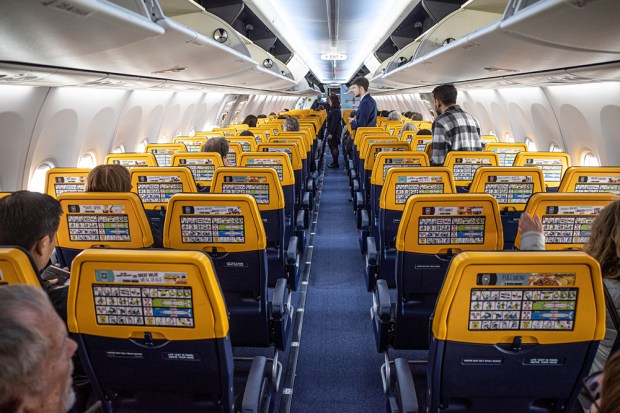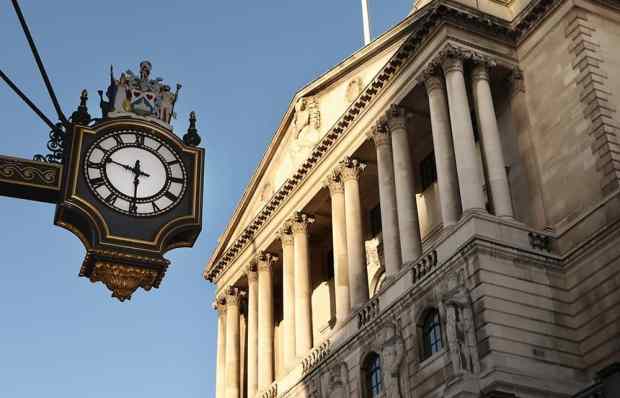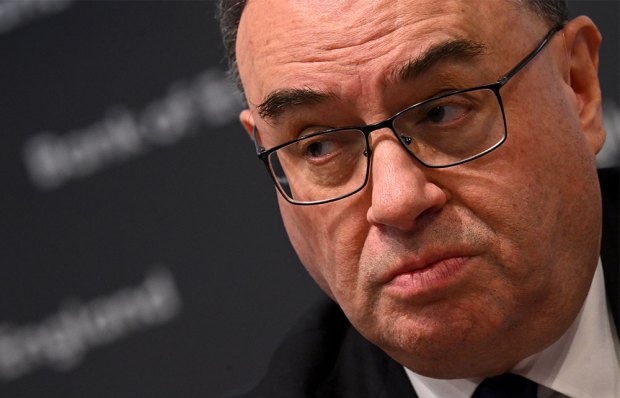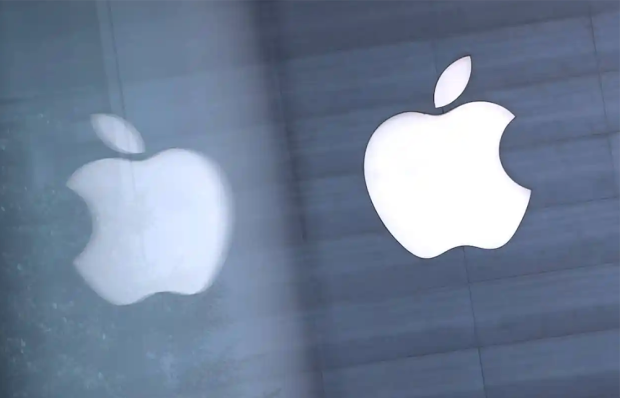What comfort can we draw from the FTSE 100 Index’s all-time high of 7905 last Friday? Yes, in a limited sense, it’s a reason to be cheerful: first, because it’s a boost to the value of pension and tracker funds; second, because it fits the current narrative of gloom receding, in which inflation has probably peaked, interest rates look set to follow soon and the Bank of England says the coming recession will be shallower than first thought.
But the new top is less than a thousand points above the ‘dotcom bubble’ record of 6930 at the turn of the millennium, so no spectacular reward for long-term equity holders. And blue-chip share prices tell us little about domestic prospects, because four-fifths of FTSE 100 companies’ revenues come from overseas and look all the more significant when the pound is as low as it now stands, even in post-Kwasi recovery. The 100 Index also contains a clutch of global energy giants that have made out like carbon bandits (£32 billion annual profits for Shell, £23 billion for BP) from price spikes in oil, gas and coal.
The FTSE 250 index of the lower stratum of listed companies is a much stronger domestic indicator. Standing well below its pre-Kwasi peak in the autumn, it reflects uncertain confidence and widespread cashflow concerns for the year ahead. In short, we’re in a season for cautious optimism, not FTSE jubilation.
Tech vs value revisited
Apropos of share prices, you may recall my comments in November about the end of the US tech-stock boom and the merits of picking safe-but-boring ‘value’ stocks instead. I named ten FTSE-listed companies in the latter category, some suggested by readers, and I can report that if you had bought them all in equal amounts, you’d be ahead of the FTSE 100 rise – though not by much. If you’d bought only what looked like our most eccentric choice, Pets at Home, you’d be 38 per cent up and booking one of the exotic holidays mentioned in this week’s final item.
Barratt Developments, the housebuilder, was our next-best pick. Indeed, if you had spread your bet across a basket of UK housebuilders – battered in 2022, now recovering strongly and offering another anti-gloom signal – you’d be a smug 15 per cent better off. But guess what, if you’d ignored me entirely and gone large on the US tech stock so many pundits love to hate – Meta Platforms, the parent of Facebook, which surged last week after announcing a $40 billion share buy-back – you’d be 70 per cent up and ordering a yacht.
Butt-kicker wanted
Have the media been too harsh on John Holland-Kaye, the chief executive of Heathrow, who’s standing down after nine years in post? He really can’t be blamed for Covid disruption or the failure to advance the politically blighted third runway; but last summer’s litany of cancelled flights and holidaymakers parted from their luggage was very much on his watch, even though he tried to pass the blame to ground-handling contractors.
I wrote here that I had always assumed the smooth-talking Holland-Kaye was ‘no more than a flak-taking PR’ because that’s the way he came across. His performance at this year’s World Economic Forum in Davos, addressing ‘the wealthy people in this room’ on the need to develop cleaner aviation fuel, added to the impression of a grandstander rather than the raging butt-kicker the job clearly needs.
So who’s on the headhunters’ list to replace him? Currently tipped is Heathrow’s chief operating officer Emma Gil-thorpe, described as a ‘green champion’. No one else stands out across the UK’s ramshackle transport sector, and let’s assume Michael O’Leary of Ryanair isn’t available. Might the no-nonsense retail turnaround maestro Archie Norman, currently chairing Marks & Spencer, fancy a late career change? He certainly knows airports, having commuted to Australia in a previous job.
Or maybe Heathrow’s private-equity owners should hire a charismatic tough-guy actor to play the role, in the mode of Burt Lancaster as the boss who beat snowstorms and suicide bombers in the seminal 1970 disaster movie Airport. Lancaster himself called the multi-Oscar-nominated Hollywood epic ‘the biggest piece of junk ever made’ – but then he’d probably never seen Heathrow on a really bad day.
Spirits lifting
‘People hate being miserable,’ writes the hospitality industry guru Peter Martin. ‘That’s why they’re still going out to eat and drink – and booking foreign getaways.’ Like-for-like December sales in UK restaurant and pub groups were 15 per cent up on 2021 and 1.9 per cent ahead of 2019, the last pre-Covid comparison. Those figures include price inflation, but they’re still brighter than expected given rail strikes, short office weeks and circulating viruses.
Outside the M25, the improvement over 2019 was slightly stronger, at 2.6 per cent. In London’s West End, landlords are reporting relatively buoyant trading for retail tenants as well as hospitality. It all paints a picture of pent-up demand and, as Peter Martin says, consumers ‘want[ing] some escape from the day-to-day’.
As for foreign getaways, conversations at a funeral last week confirmed the trend: here were friends just back from Nicaragua; from a cruise to Antarctica; from the Malaysian island of Langkawi via a stopover at the Singapore Polo Club; from the Delaire Graff Estate in South Africa’s Cape Winelands; and from the timeless Sporthotel Lorünser in the Austrian ski resort of Zürs, unchanged since Italy’s fascist elite holed up there at the end of the war (the snow was good too).
Too vulgar to plug such possibilities when so many are feeling the pinch? Not at all: in these grim days even vicarious travel can lift the spirits and I’m sure readers would like to tell me about their own places of winter escape: martin@spectator.co.uk.
Got something to add? Join the discussion and comment below.
Get 10 issues for just $10
Subscribe to The Spectator Australia today for the next 10 magazine issues, plus full online access, for just $10.
You might disagree with half of it, but you’ll enjoy reading all of it. Try your first month for free, then just $2 a week for the remainder of your first year.















Comments
Don't miss out
Join the conversation with other Spectator Australia readers. Subscribe to leave a comment.
SUBSCRIBEAlready a subscriber? Log in